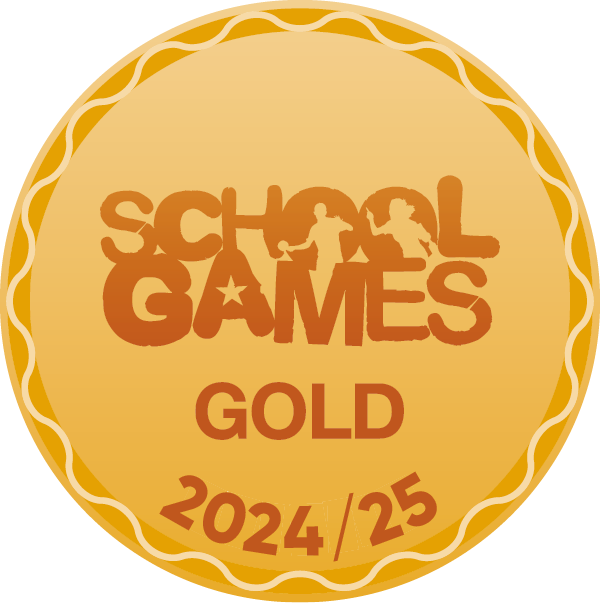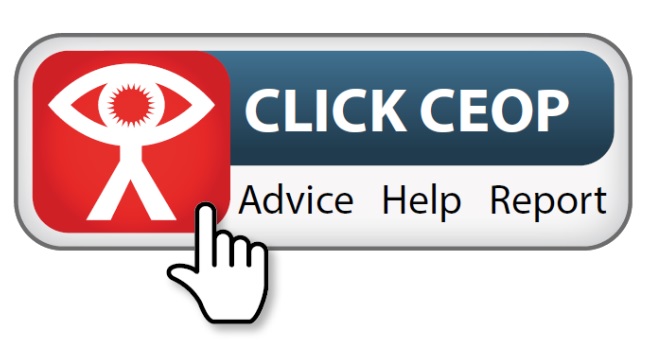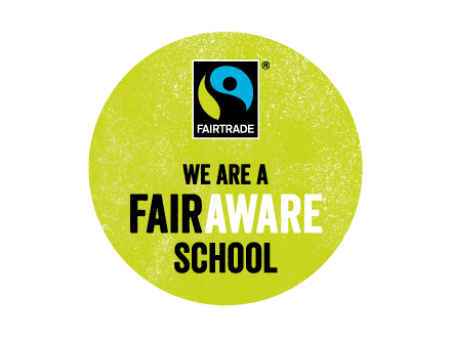Geography and History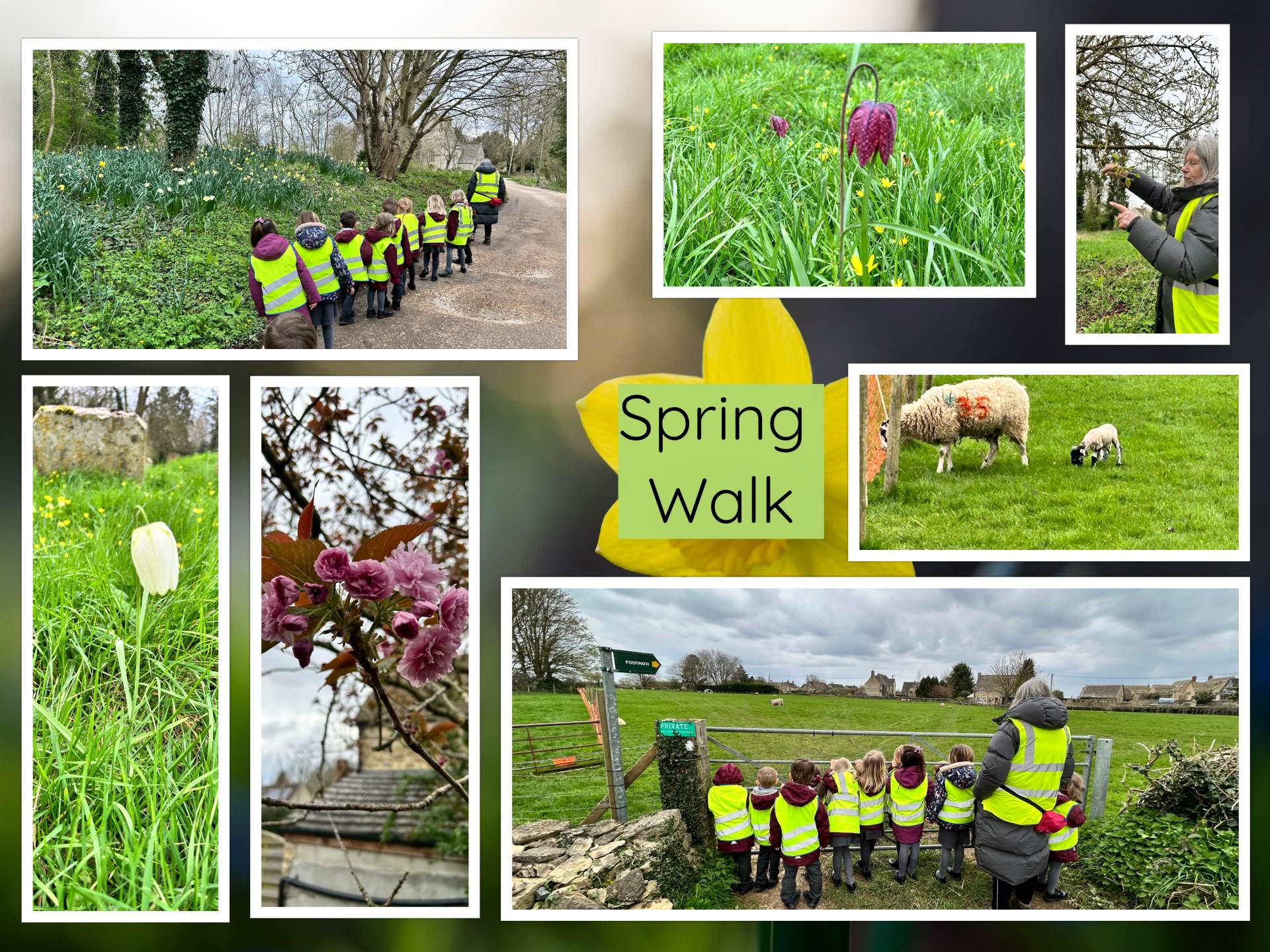
Geography
Intent
Geography Knowledge Skills and Vocabulary Progression
Implementation
Geography is taught in either discrete lessons, or topic lessons that link with other subjects such as Science, Art or English. We carefully consider how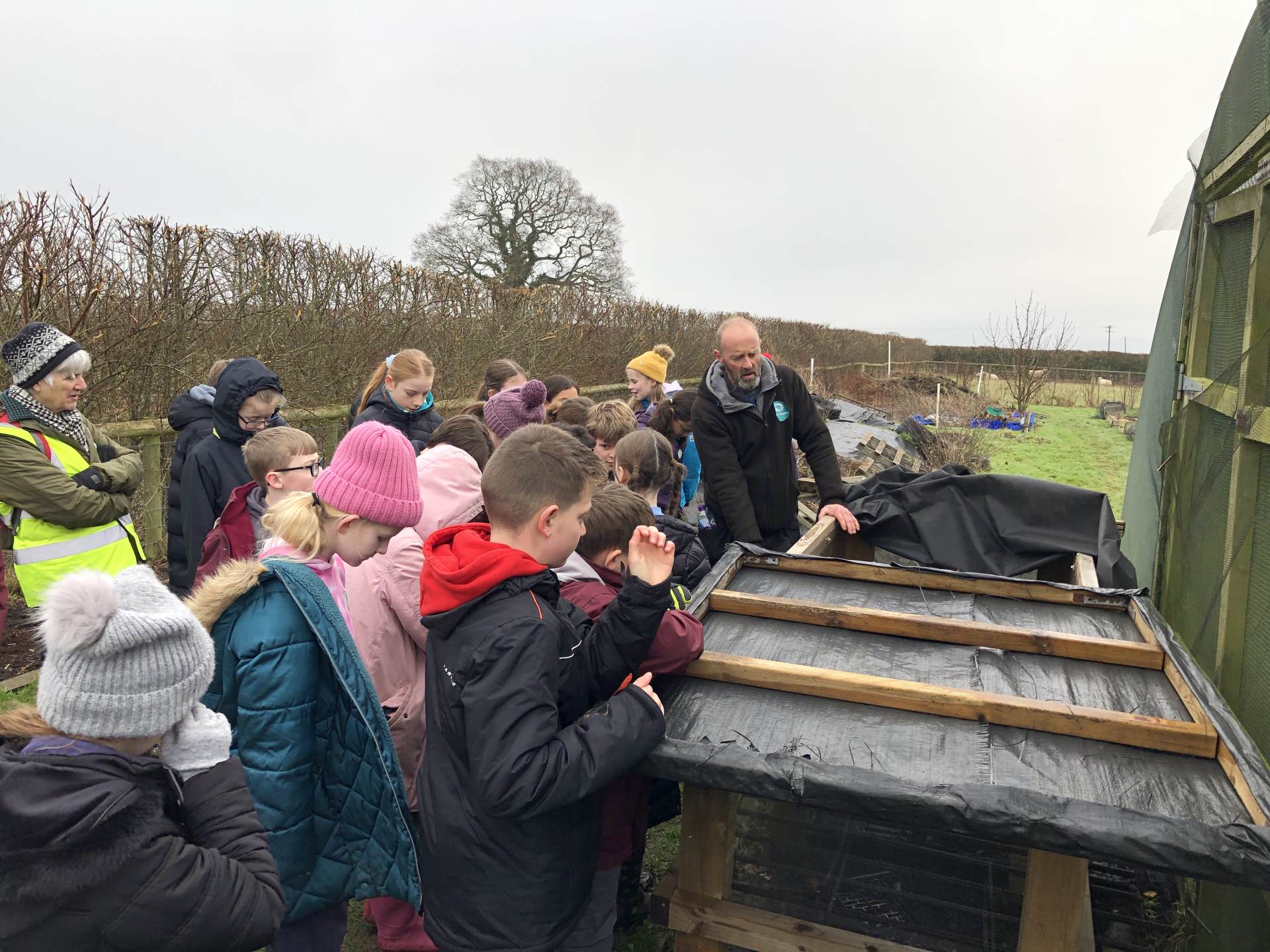 pupils will build on knowledge, not only within a topic but over a series of topics, so that they can apply what they have learned in different scenarios, including during practical fieldwork, mapwork and written work includ
pupils will build on knowledge, not only within a topic but over a series of topics, so that they can apply what they have learned in different scenarios, including during practical fieldwork, mapwork and written work includ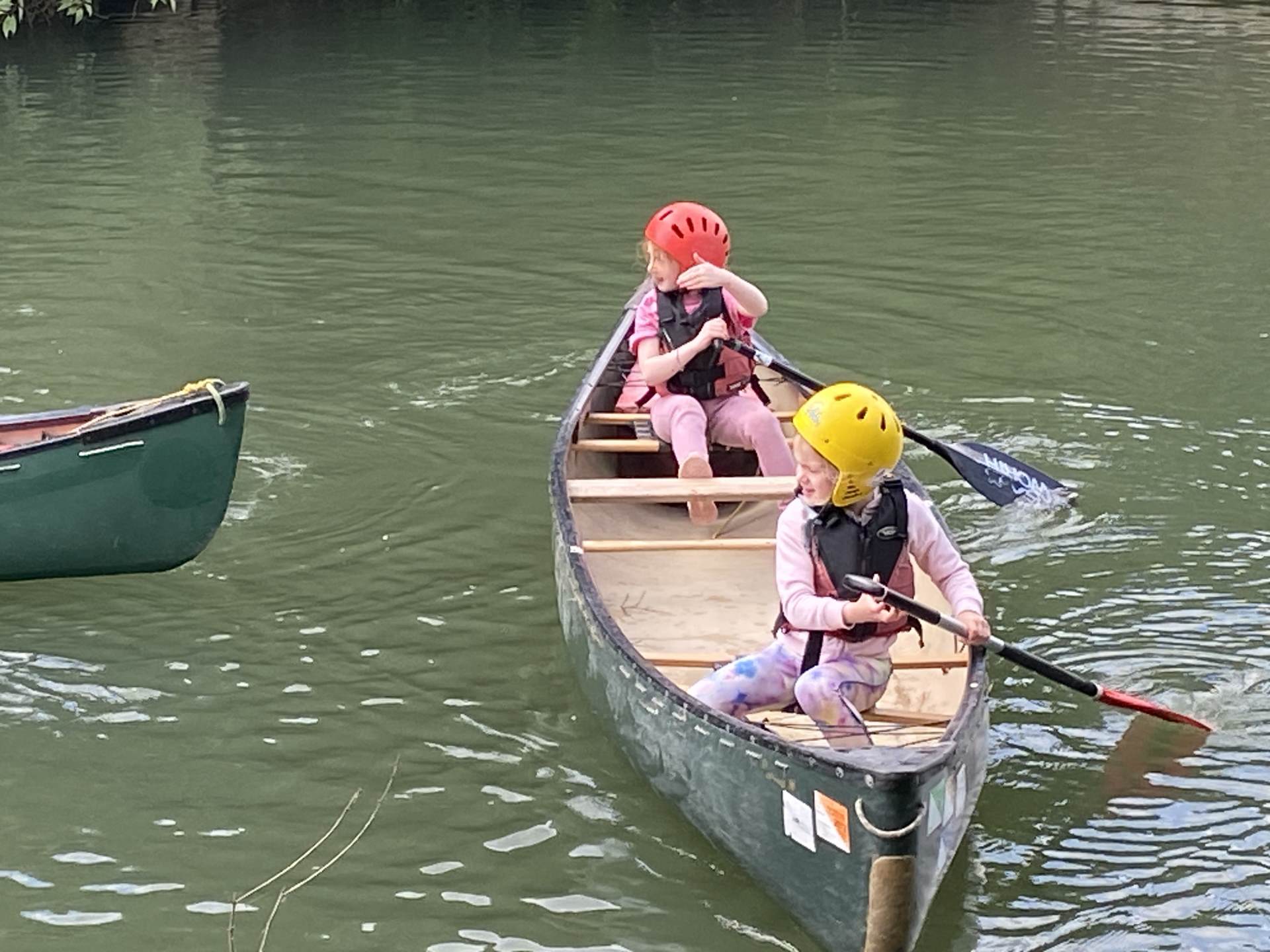 ing to geographical questions. Pupil share opportunities to apply what they have been taught at a later stage of their education, as well learning new disciplinary and procedural knowledge. We have used research from the Geographical Association to help inform our lesson design.
ing to geographical questions. Pupil share opportunities to apply what they have been taught at a later stage of their education, as well learning new disciplinary and procedural knowledge. We have used research from the Geographical Association to help inform our lesson design.
Impact
Pupils are inspired by the world around them and have a natural curiosity. They apply their skills on residential and look forward to building on their knowledge in their next stage of education.
By the time they leave St Peter's our children will:
-
Have a growing curious knowledge of the world and their place in it.
-
Have a rich vocabulary of geographical terms.
-
Aspire to discover more about nature and the world around them.
-
To have opinions and ideas about the future of local and global issues and future change .
-
Develop their geographical skills, such as, data collection, evaluation, creativity and enquiry.
Practical fieldwork and seasonality
Reception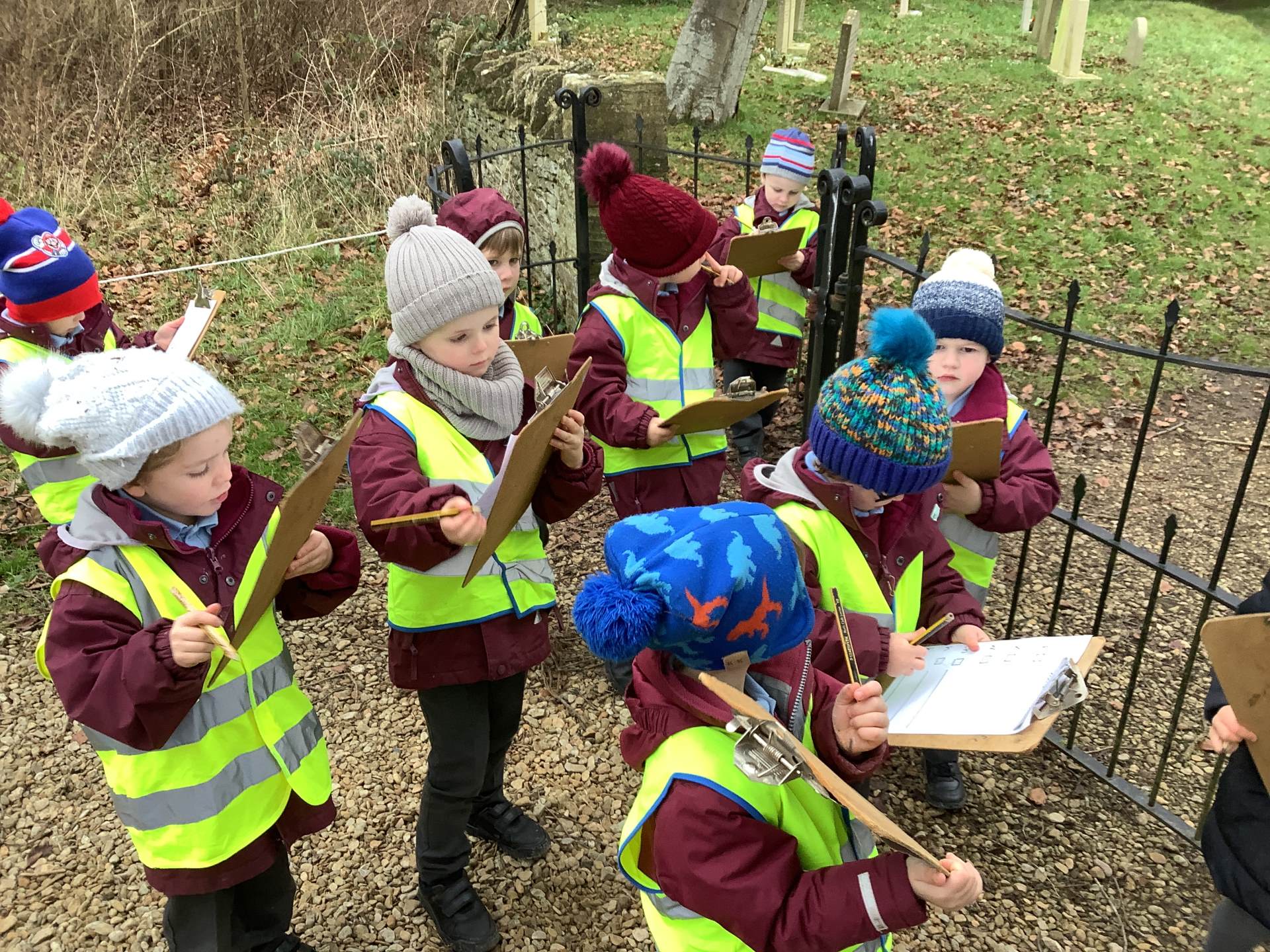
Y1/2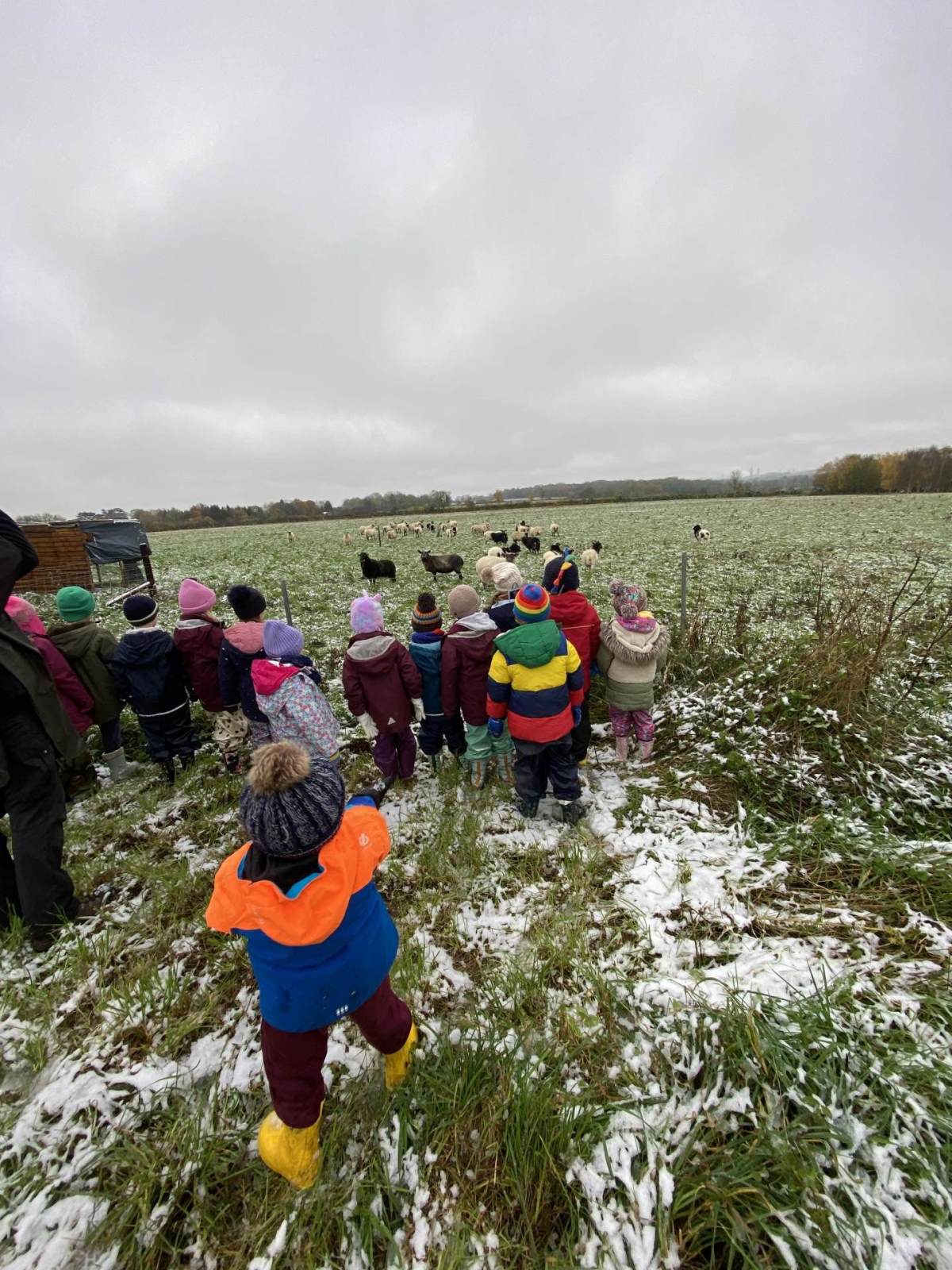
Y3/4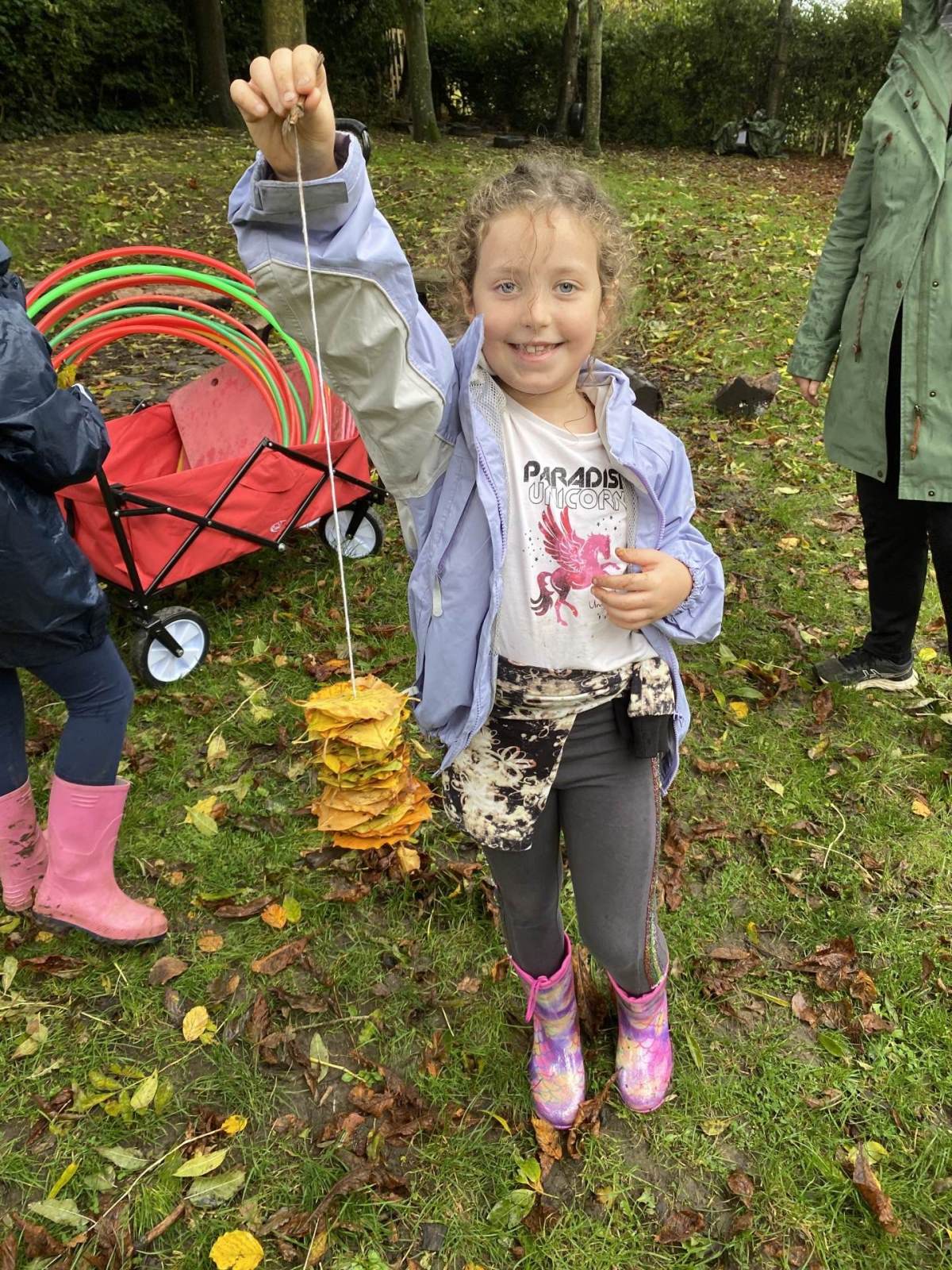
Y5/6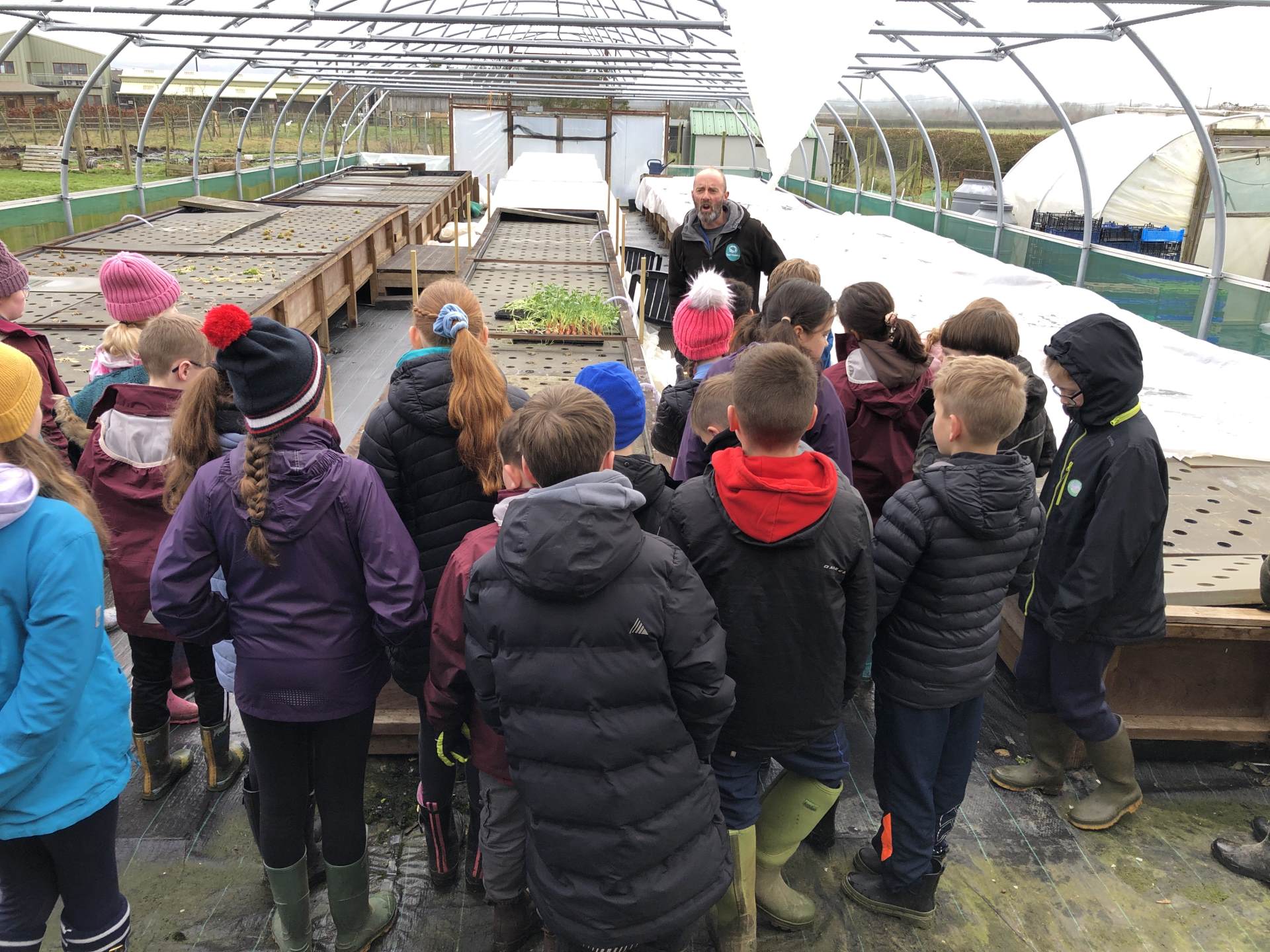
History

Intent
History Skills, Knowledge and Vocabulary Progression
Implementation
History is taught weekly in either discrete lessons or in topic linked lessons that may link with other subjects such as english, art or science. Teaching reflects the relationship between substantive and disciplinary knowledge. At St Peter's, history lessons develop pupils’ historical knowledge and their historical analysis simultaneously. We strive to develop interesting and engaging lessons using research and training, including from the Primary Historical Association.
Impact
Pupils develop a secure mental timeline and are able to recall key historical names and facts. Pupils ask questions about the past and understand how the past can influence the future. They are hungry to find out more and enjoy visiting and handling real historical places and artefacts to help aid their understanding.






